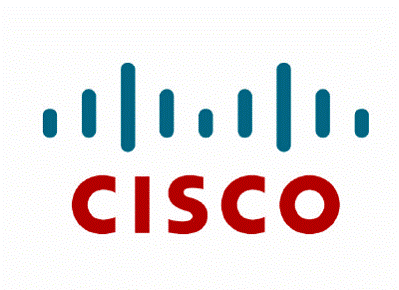Microsoft Corporation (NASDAQ:MSFT) and Cisco Systems, Inc. (NASDAQ:CSCO) have done well to combine their deep-cloud expertise and data center infrastructure. The two giant companies propose to offer telecommunications carriers as well as cloud providers, second generation cloud computing solution called: Cisco Cloud Architecture for the Microsoft Cloud.
The combined platform will lower costs as well as simplify operations. Microsoft Azure Pack combines networking devices as well as servers riding on the under-the-hood platform of Cisco infrastructure called Cisco Application Centric Infrastructure (Cisco ACI).
Gen 2 Cloud Computing Begins
As Microsoft Corporation (NASDAQ:MSFT) and Cisco Systems work on providing component-driven cloud solutions, end-users can now look for better-priced as well as infinitely secured cloud-based solutions. In the words of Cisco SVP for Cloud and Managed Services, Nick Earle, the partnership is the ‘phase two of Cloud computing.’ Perhaps it is true, for the new platform bridges multiple clouds with a software which is open source and interoperable. The solution is a hybrid mix that optimizes cloud solutions.
Earle claims that the connectivity sought by the new platform is similar in many ways to its 1990’s based interconnectivity of islands of LANs. In the new venture, InterCloud is the operative world, as the two technology giants connect disparate clouds.
Combined efforts for the next generation of Cloud computing includes cloud vendors to deliver big data-type of services. The combination of data center and Intercloud technologies will allow cloud vendors disaster recovery at the speed of ‘Dev Ops.’ This feature is a valuable addition, for its removes the need to integrate systems.
Apart from its partnership with Microsoft Corporation (NASDAQ:MSFT), Cisco Systems, Inc. (NASDAQ:CSCO) has combined forces with nearly 14 cloud providers. In effect, there are over 60 cloud providers who can use InterCloud and have access to over 350 data centers. Besides the current cloud footprint for Cisco spans over 50 nations.









